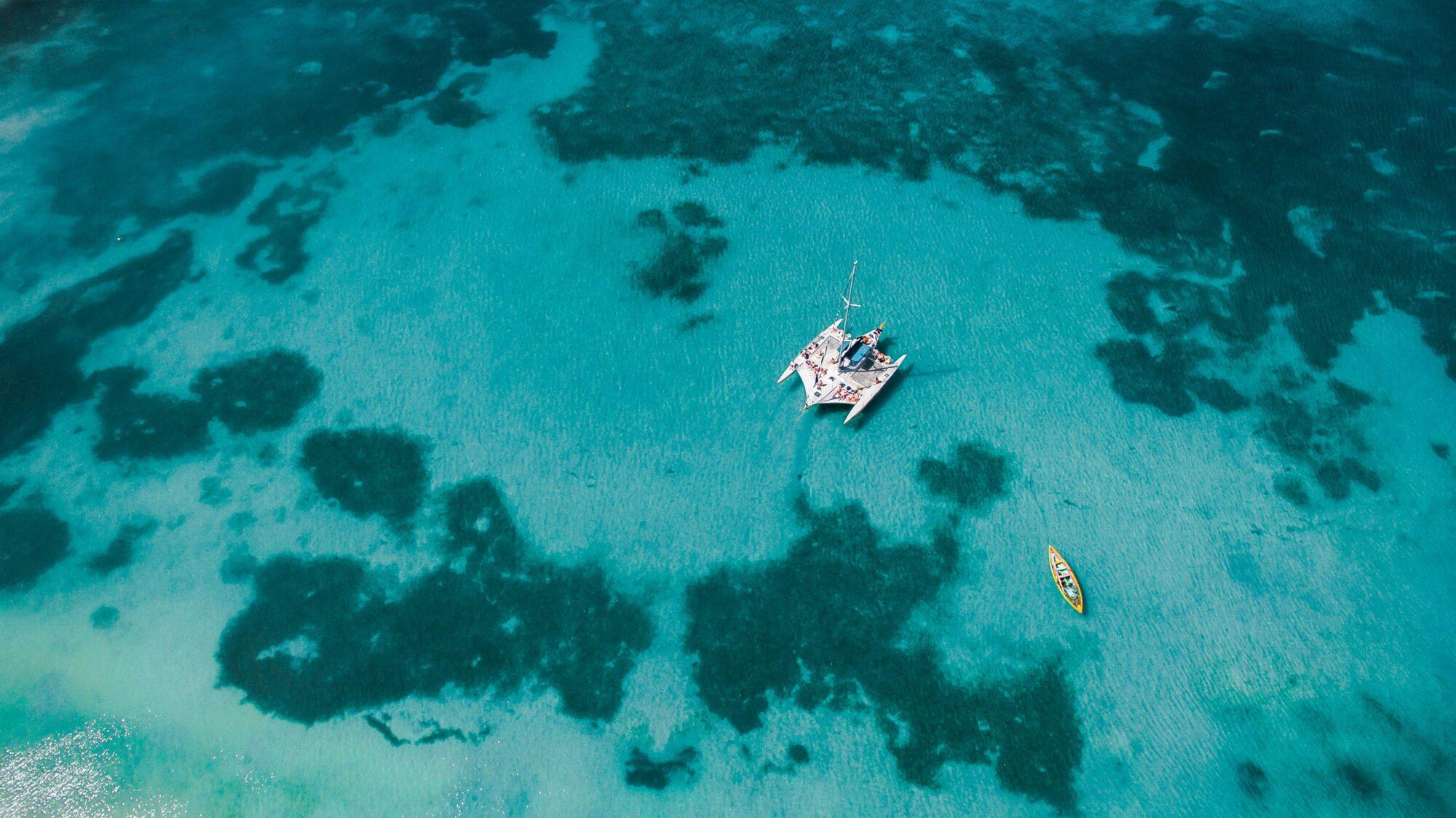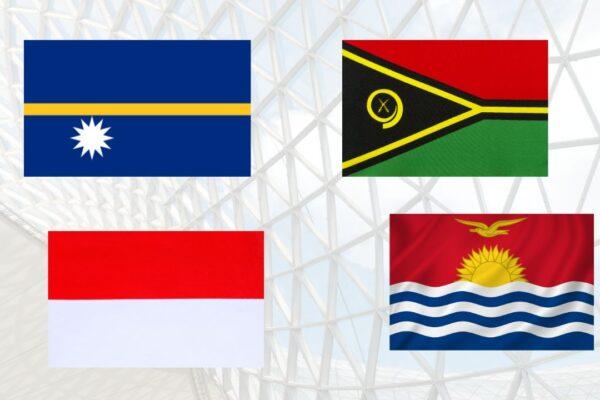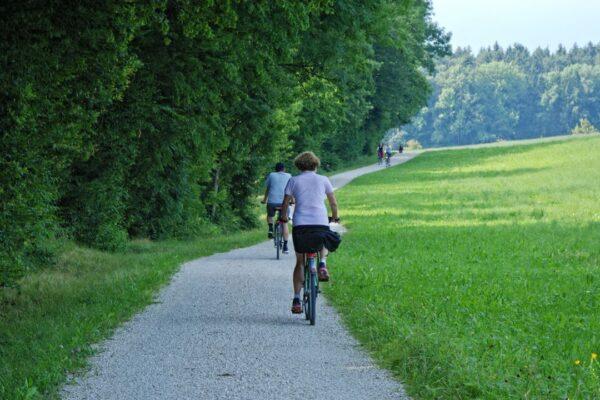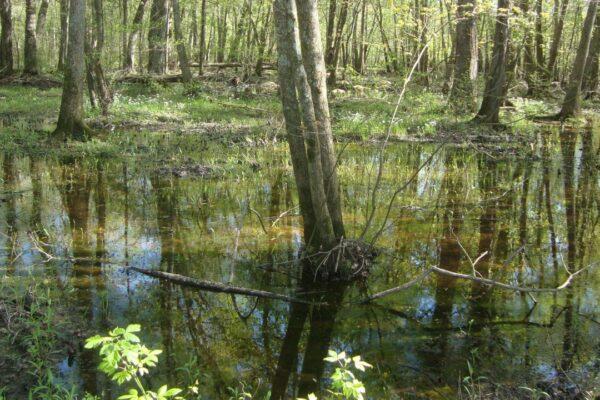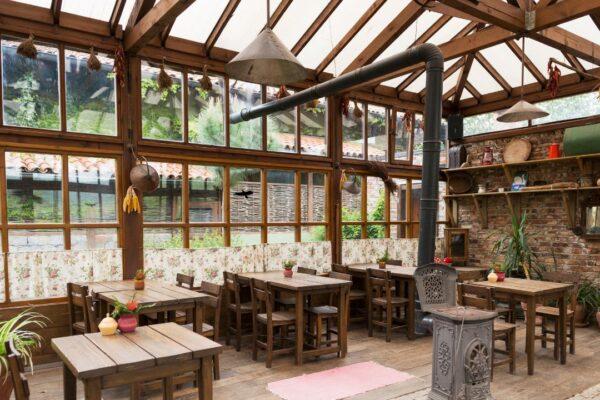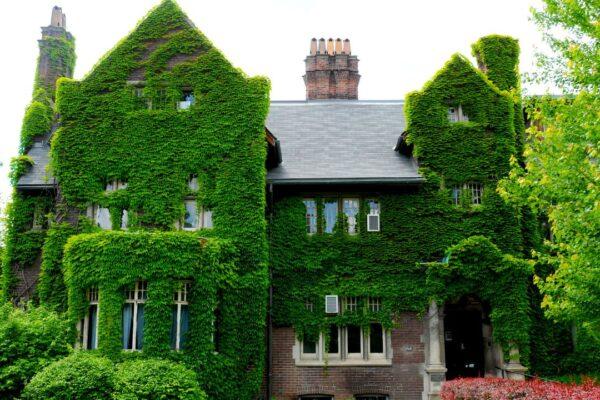As the world’s largest archipelagic nation, Indonesia is home to over 17,000 islands and an exclusive economic zone (EEZ) covering 6.4 million square kilometers. The ocean is vital to Indonesia’s economy, sustaining key sectors such as fisheries, tourism, and maritime trade. However, the health of Indonesia’s marine ecosystems is facing significant challenges due to overfishing, plastic pollution, and the impacts of climate change. In response to these environmental challenges, the Blue Economy concept has emerged as a sustainable solution. The Blue Economy refers to an economic approach that emphasizes the sustainable use and management of ocean resources. This approach has gained significant momentum in Indonesia, particularly as businesses align their strategies with Sustainable Development Goal 14 (Life Below Water).
More and more Indonesian companies are investing in sustainable fisheries, marine conservation, and innovative ocean-friendly technologies to ensure a balance between economic growth and environmental protection. By adopting the principles of the Blue Economy, Indonesia can safeguard its marine ecosystems while fostering economic development.
This article will explore how Indonesian businesses are aligning with SDG 14 and the Blue Economy approach, highlighting key initiatives and strategies that support sustainable ocean practices.
Table of Contents
ToggleRead another articles : How Business Contribute to SDG 13: Climate Action
Sustainable Fisheries
Indonesia is the world’s second-largest producer of fisheries and aquaculture, with the sector contributing $27 billion (USD) annually to the economy. However, unsustainable fishing practices, such as illegal fishing and habitat destruction, threaten marine biodiversity and long-term industry profitability.
Some businesses have led the example solutions to this matter. For instance, Bali Tuna Fishermen Group has adopted eco-certifications such as the Marine Stewardship Council (MSC) label, ensuring sustainable fishing practices and improving market access. Besides, Aruna, an Indonesian fisheries start-up, leverages digital platforms to connect small-scale fishers directly with buyers, reducing supply chain inefficiencies and minimizing waste. Such efforts are gradually impacting the health of Life Below Water in Indonesia.
Marine Ecotourism
Another way of the blue economy approach is by conducting marine ecotourism. As a significant pillar of the country, tourism contributes 5.5% to Indonesia’s GDP, with coastal and marine attractions such as Bali, Raja Ampat, and Komodo National Park driving economic activity. However, uncontrolled tourism can lead to coral reef degradation, habitat destruction, and marine pollution.
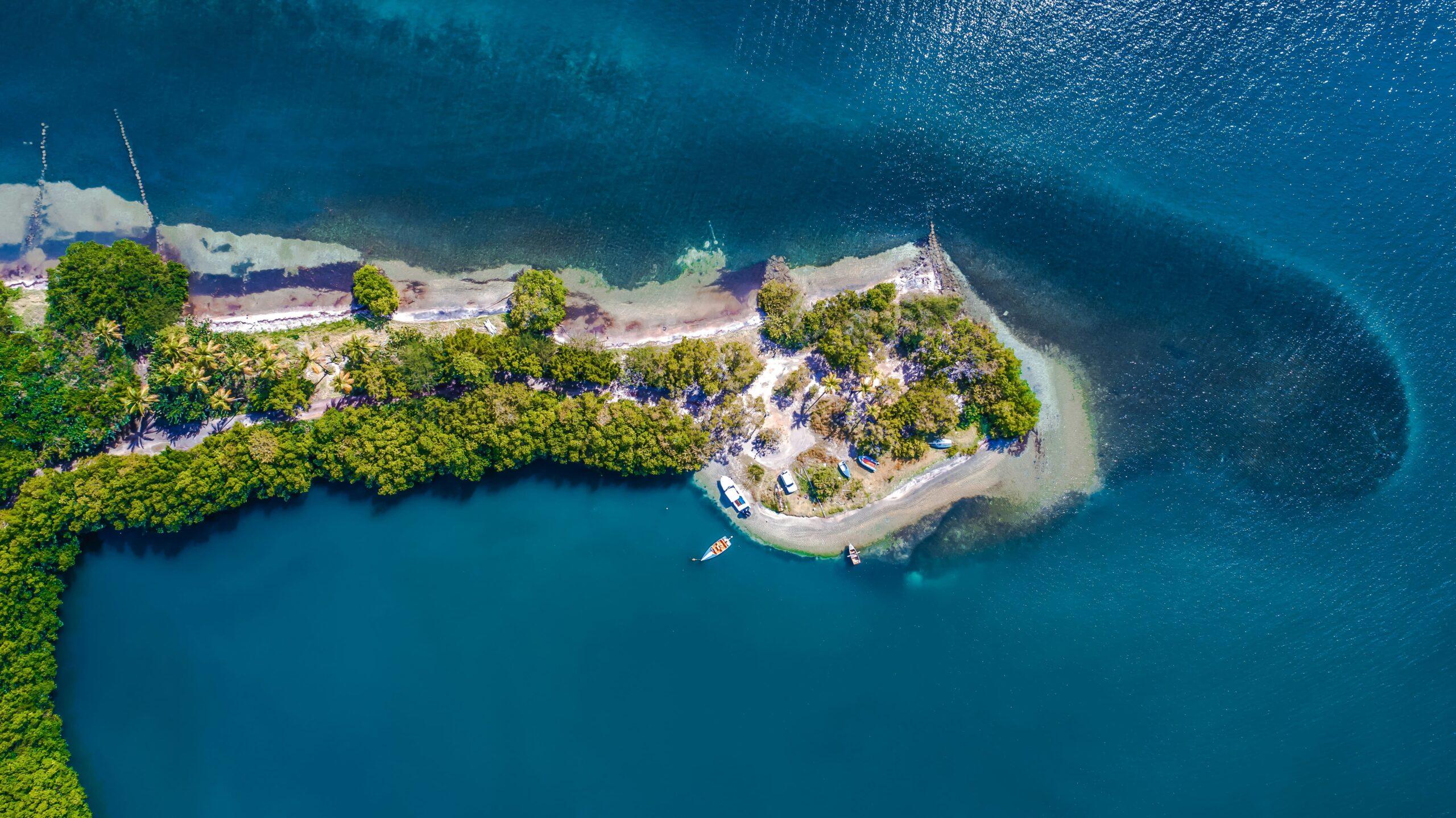
Some business innovation in this case are; Misool Eco Resort in Raja Ampat has adopted a no-fishing zone policy, partnering with local communities to restore coral reefs and boost marine biodiversity, Indonesia’s Dive Tourism Industry is increasingly adopting coral-safe sunscreen policies, banning harmful chemicals that contribute to reef bleaching, and Gili Eco Trust in Lombok has introduced coral reef restoration programs, involving tourists in marine conservation activities.
Tackling Marine Plastic Pollution
Marine waste management is a fundamental agenda related to SDG 14 (Life Below Water). Indonesia is the world’s second-largest contributor to ocean plastic pollution, generating 3.2 million tons of plastic waste annually, with 1.3 million tons leaking into the ocean. The government has pledged to reduce marine plastic waste by 70% by 2025, and businesses are playing a key role in achieving this goal.
One example of corporate initiative to tackle this issue is Project STOP. In 2017, a collaborative initiative led by Borealis, SYSTEMIQ, and supported by Nestlé, named Project STOP, is working with local governments to create sustainable waste management systems. Established waste collection and recycling systems in coastal areas like Muncar, Banyuwangi (East Java), this project engaged local communities to improve waste separation and processing. This project developed scalable waste management solutions to prevent plastic leakage into the ocean.
Renewable Ocean Energy
With 54,000 kilometers of coastline, Indonesia has vast potential for marine renewable energy, including wave, tidal, and offshore wind power. Transitioning to blue energy can reduce reliance on fossil fuels while supporting SDG 14 and SDG 7 (Affordable and Clean Energy).
This potential drives the company to explore more business opportunities that will benefit the people. For example, PLN (Perusahaan Listrik Negara), Indonesia’s state-owned electricity company, is exploring offshore wind projects in collaboration with international investors. This initiative aligns with Indonesia’s ambitious goal to achieve 5 gigawatts (GW) of wind power capacity by 2030, a significant increase from its current 152.3 megawatts (MW).
Policy and Private Sector Collaboration
After all, achieving SDG 14 requires collaboration between government, businesses, and international organizations. While companies are leading sustainable ocean initiatives, policy support and incentives are critical for scaling up these efforts.
Indonesia’s Blue Economy represents a transformational opportunity to drive sustainable economic growth while preserving marine ecosystems. By embracing sustainability, Indonesia’s businesses can ensure that the nation’s oceans remain a source of prosperity for generations to come.
Since the company has an important role, now we have Satuplatform as an all-in-one solution who provides business with carbon consultancy and environment initiative assistance. Try our FREE DEMO now!
Similar Article
5 Negara yang Terancam Tenggelam akibat Pemanasan Global
Pemanasan global nampaknya tidak lagi bisa dianggap sepele sebab pengaruhnya saat ini sudah semakin mengancam keberlangsungan hidup masyarakat dan makhluk…
Budaya Bersepeda di Belanda yang Sukses Kurangi Emisi Karbon
Belanda dikenal sebagai negara dengan budaya bersepeda yang sangat kuat. Budaya bersepeda di negeri ini sepertinya telah menjadi sebuah keunikan…
Waspada Produksi Jejak Karbon dari Limbah Rumah Tangga
Tidak dapat dipungkiri bahwa produksi limbah telah menjadi dampak dari kegiatan sehari-hari manusia yang tak terhindarkan, dapat bersumber dari aktivitas…
Peran Lahan Basah dalam Mitigasi Perubahan Iklim
Lahan basah merupakan salah satu ekosistem bumi yang punya peran penting dalam menjaga keseimbangan lingkungan, salah satunya mendukung upaya mitigasi…
5 Cara Jadikan Kafe dan Restoran Ramah Lingkungan
Kafe dan restoran dengan konsep ramah lingkungan tidak lagi sekadar tren di zaman sekarang. Lebih dari itu, konsep ini semakin…
Cara Sederhana Melindungi Lingkungan dari Rumah
Jika bukan manusia sebagai penghuni bumi yang melindungi kelestarian lingkungan, siapa lagi yang bisa melakukan. Melindungi lingkungan bukan hanya tanggung…

